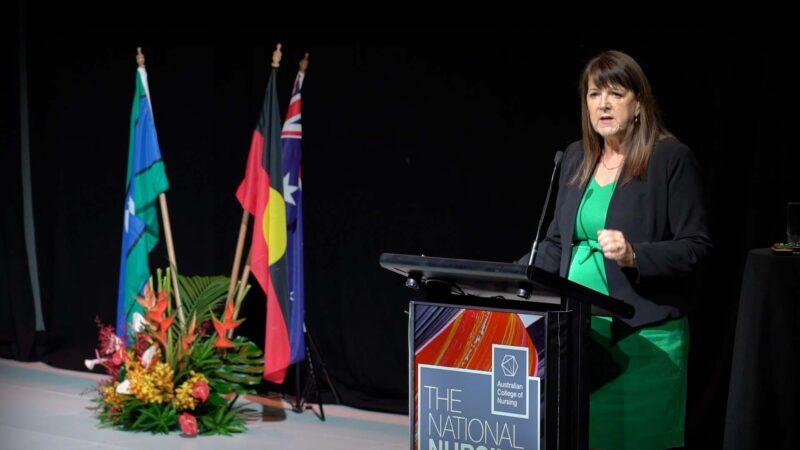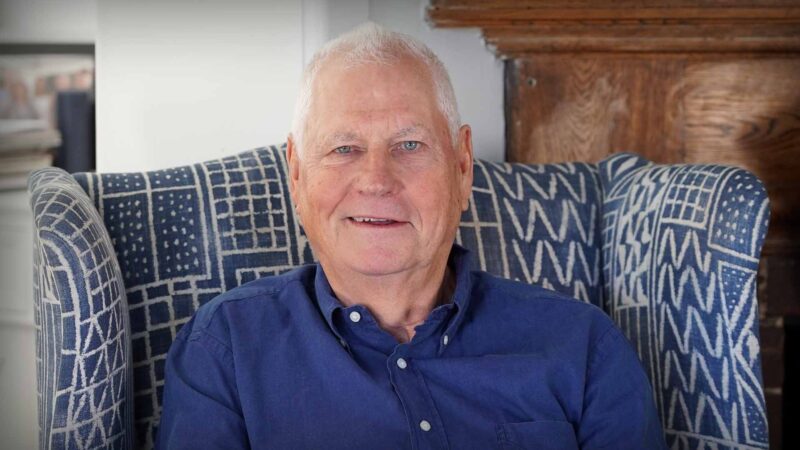La Trobe Rural Health School study for Occupational Therapy Australia identifies practice issues
Almost half a million Australians have served with the Australian Defence Force. Given the high prevalence of physical and mental health conditions and complexity of civilian life adjustment after military service, high-quality occupational therapy services are critical. However, there is limited description of occupational therapy service provision to individuals funded by the Australian Department of Veterans’ Affairs to inform government policy.
A cross-sectional study, led by Professor Carol McKinstry, Professor of Occupational Therapy and Deputy Dean with La Trobe University’s Rural Health School at the Bendigo campus has used an online survey to collect information from occupational therapists providing services to Department of Veterans’ Affairs clients.
The aim of this study was to describe the practice of Australian occupational therapists working with former service members and identify opportunities to enhance practice and policy. Professor McKinstry was instrumental in the development of the occupational therapy course at the La Trobe University’s Bendigo campus and also the establishment of the Rural Health School. She is also the a Board Director of Occupational Therapy Australia.
Participants in the study included 123 Australian occupational therapists residing in metropolitan (47%), regional (28%) and rural/remote (23%) areas. Most occupational therapists (69%) had over 15 years of clinical experience and worked in private practice (87%). Common interventions included home modifications, equipment prescription and assistive technology (77%), goal-oriented rehabilitation (16%) and activities of daily living or function assessments and education (13%). Three themes describing practice issues were identified: (1) Service provision as rewarding yet underfunded, (2) Administrative complexity and lack of understanding of the occupational therapy role and (3) Need for specialist professional development opportunities.
Australian Health Journal spoke with McKinstry about the study, and its conclusions.
Australian occupational therapists are providing a range of services to Department of Veterans’ Affairs clients although mostly relating to physical conditions, states Professor McKinstry.
Her conclusions for the study are that occupational therapy practice with former Australian Defence Force members be expanded to meet their diverse and complex needs. Further research and education is needed to support use of specialist knowledge and interventions. Advocacy by peak associations and policy reform are urgently required to ensure sustainable services, particularly in rural areas.
You Might also like
-
Australasian College of Paramedicine makes case for multi-disciplinary care
Despite being seen primarily as emergency responders, paramedics have long been providing care in the primary care space. As such, their increased involvement in primary and urgent care is a natural progression that can lead to improved health outcomes for communities. Urgent care clinics, which treat non-life-threatening injuries and illnesses, have been a recent introduction. However, when these clinics were initially proposed, paramedics were left out of the opportunity, despite being experts in urgent, acute, unplanned, and unscheduled care. They work in these types of situations every day in the ambulance service and should be utilised in these clinics to improve patient outcomes. Working as part of multidisciplinary teams with doctors and nurses can further enhance the outcomes for local communities.
-
Role of the Chief Nursing Officer
Professor Alison McMillan PSM spoke with Australian Health Journal about the role of Chief Nursing and Midwifery Officer at the Australian Government Department of Health and Aged Care.
Alison was appointed as our Chief Nursing and Midwifery Officer in November 2019.
In June 2021 Alison was awarded a Public Service Medal for outstanding public service to driving the Government’s national health response priorities during the COVID-19 pandemic, particularly to infection prevention measures.
-
Jamie Stanistreet talks Medical Technology
Jamie Stanistreet
Retired Managing Director Medtronic Australia and New Zealand
talks Medical Technology in Australia and the Asia-Pacific



